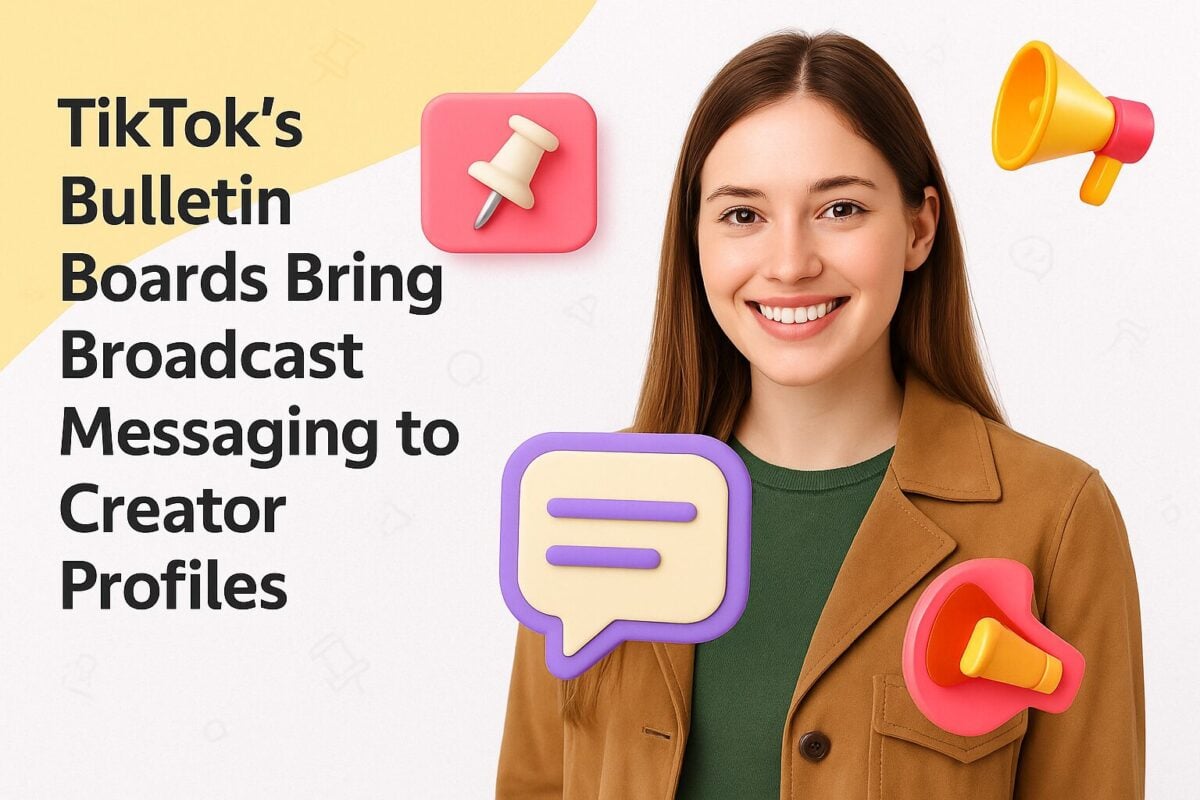An interactive tool is a tool that is primarily used to increase a target audience’s engagement by encouraging and prompting them to respond to the page’s content. Effective and functional interactive tools can enhance user experience and influence sales, customer perception, and brand loyalty.
While content is one of the most valuable forms of marketing, static content can easily be passively consumed and drown in a sea of similar content. Interactive content, or content that requires your audience to be actively engaged, is gradually changing the face of marketing.
How Else Are Interactive Tools Used?
Aside from being utilized for customer engagement, interactive tools are effective tools for educating buyers. They are also useful for fleshing out a better buyer persona for companies. By enabling more effective communication and a more customized approach to addressing audience needs, interactive tools can help brands gain a better understanding of their target audience.
They are also indispensable when it comes to getting valuable links. Link building and a website’s backlink profile are two of the elements that can affect a website’s ranking on SERPs.
What Are the Types of Interactive Tools?
Interactive tools come in a comprehensive range of forms:
-
Measurement tools and calculators
One of the best ways to earn high-quality links and engage the audience at the same time is through providing them with useful tools, such as a food calculator, a mortgage calculator, or a salary checker.
Value-adding and unique tools that ignite conversations across different platforms can positively influence customer engagement which, in turn, can be an ideal setting for lead generation.
-
Polls and quizzes
Polls and quizzes remain two of the most popular forms of interactive tools for a good reason. Both of them require the audience to be actively involved while giving them immediate results. While these may come across as trivial to some, these interactive tools can be used by companies to gain deeper insight about their target audience.
These tools facilitate securing important data, such as consumer feedback and purchasing preferences. Companies can also tailor their approach to consumers depending on the latter’s response to polls and quizzes.
-
Games
Games are always a fun way to deliver content in a B2C setup. These can also be an effective way to increase sign-ups and social media engagement when executed properly.
-
Interactive infographics
Infographics are one of the most shareable types of content. Nowadays, however, simply publishing a static infographic wouldn’t be enough to capture your audience’s attention and compel them to engage with your brand. An interactive infographic makes for an enhanced user experience while presenting relevant data in a unique manner.
-
Interactive videos and live streaming
Interactive videos are traditional videos combined with interactive elements that help make them more engaging and drive higher user activity. Viewers are more likely to stay on these types of content.
Live streaming has also gained popularity of late due to its candid, authentic nature. Live streams allow viewers to immediately interact with content through comments or real-time reactions.
What Are the Benefits of Using Interactive Tools?
Interactive tools are particularly useful and have numerous benefits:
-
Generate better engagement rates
Aside from driving an increase in engagement in terms of share rates and referral traffic, interactive tools also increase conversion rates. These types of tools are also more effective at eliciting reactions from your target audience.
-
Gather more pertinent data
Interactive tools are an organic way to capture valuable data about your target audience. This data can then be used to create more targeted or optimized marketing campaigns. Tools that offer immediate or more personalized experiences can make it easier for consumers to provide information.
-
Foster brand loyalty and increase brand exposure
One of the biggest benefits of interactive tools is increasing brand loyalty while also amplifying brand visibility. Once audience data has been captured, companies can then use it to create personalized content and establish themselves as an expert in their category.
Word of mouth is still one of the factors that can influence a brand’s success. By delivering relevant and high-quality engaging content and providing avenues for conversation using interactive tools, you can win your audience’s loyalty. Having more people see, talk about, and engage with your brand gives you an advantage.


